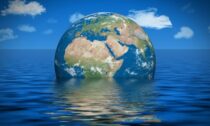
The likelihood of crossing a key global warming threshold has risen significantly, according to a new analysis. UK Met Office researchers say that there’s now around a fifty-fifty chance that the world will warm by more than 1.5C over the next five years. Such a rise would be temporary, but researchers are concerned about the overall direction of temperatures.
It’s almost certain that 2022-2026 will see a record warmest year, they say.
The Met Office is the UK’s national meteorological service.
As levels of warming gases in the atmosphere have accrued rapidly over the past three decades, global temperatures have responded by rising in step.
In 2015, the world’s average temperature first went 1C above the pre-industrial levels, which are generally thought of as the temperat...
Read More


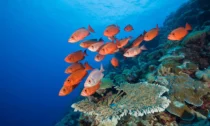

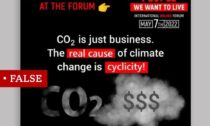
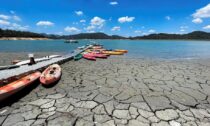
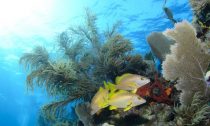
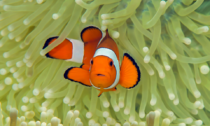
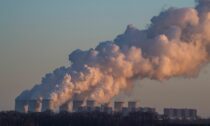
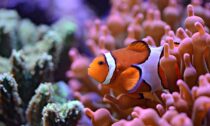


Social Profiles